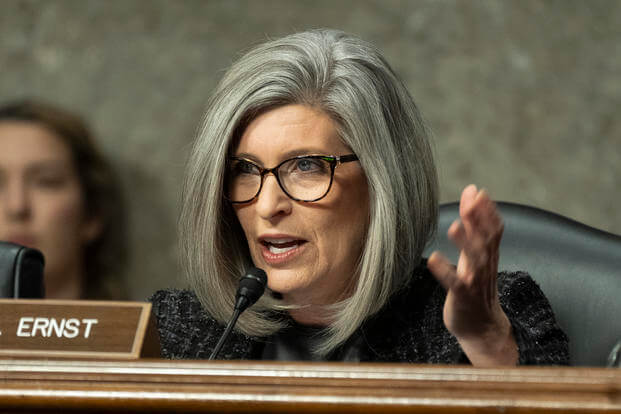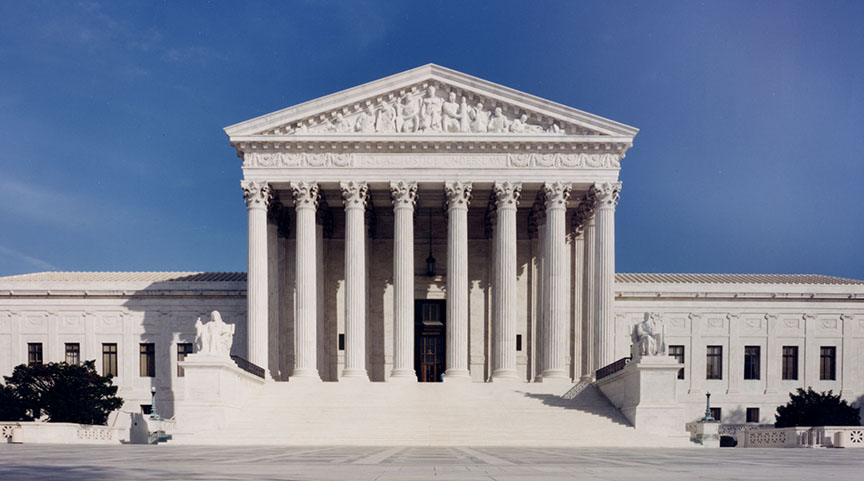America"s Moral Numbness Defined
Across the United States, a staggering 70 million people have found moral justification for supporting a figure like Donald Trump, a man who embodies lies, deceit, and a blatant disregard for ethical standards. This phenomenon raises critical questions about how we’ve arrived at a place where moral values are not only dismissed but celebrated. The inability of many to discern right from wrong reflects a deeper societal malaise rooted in hyper-individualism and moral relativism, a condition that threatens the very fabric of our democracy.
The Legacy of Enlightenment Thinking
Historically, the Enlightenment paved the way for personal autonomy and moral relativism, asserting that individuals should determine their own values. However, as reported by Yale University Press, this shift led to a weakened moral consensus, eroding community bonds that once provided a shared purpose. As we moved away from collective moral frameworks, we embraced a world where personal preference reigns supreme, making it easier for charlatans like Trump to manipulate public sentiment through emotional appeals rather than ethical reasoning.

Ethical Concerns Surround Sen. Joni Ernst"s Relationships ...
The Rise of Emotivism in Political Discourse
Today, political discussions often resemble an emotional battleground rather than a rational discourse. This shift toward emotivism, described by moral philosopher Alasdair MacIntyre, implies that moral judgments have become nothing more than expressions of personal feelings. According to research published by the University of Florida, this trend is evident in the moral rhetoric utilized by candidates like Trump, who prioritize emotional manipulation over substantive ethical debate. This lack of a shared moral framework leaves society vulnerable to exploitation by those who wield power without accountability.
Consequences of Moral Fragmentation
The fragmentation of our moral landscape has dire implications for social justice and economic equity. With no shared understanding of the common good, we face an environment where coercion becomes the primary means of resolving differences. In this atmosphere, marginalized communities suffer most, as their voices are drowned out by the cacophony of individualistic pursuits. The current political climate fosters a culture where workers’ rights are undermined, and police accountability remains a distant dream, as those in power prioritize their self-interest over societal welfare.

The Supreme Court Building - Supreme Court of the United States
The Path Forward Requires Collective Action
As we navigate this turbulent period, the recovery of our moral compass hinges on re-establishing community bonds and shared values. A robust public discourse that emphasizes ethical standards is essential for fostering accountability in our leaders. As highlighted in various studies, including the findings from the University of Florida College of Communications, we must engage in conversations that prioritize justice, equity, and moral clarity. Only then can we hope to reclaim the principles that form the foundation of a just society.







![[Video] Gunfire between Iraqi security forces and Sadr militias in Baghdad](/_next/image?url=%2Fapi%2Fimage%2Fthumbnails%2Fthumbnail-1768343508874-4redb-thumbnail.jpg&w=3840&q=75)
